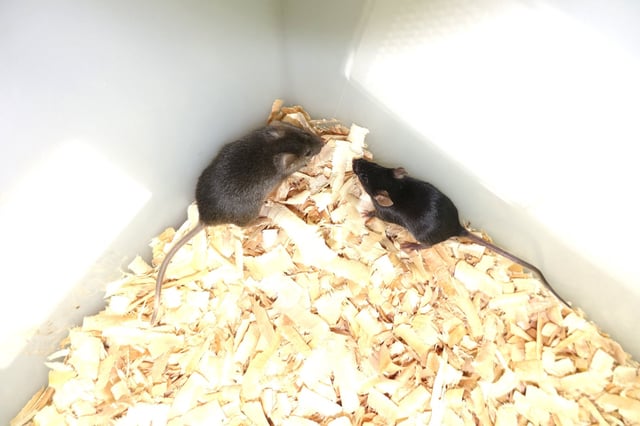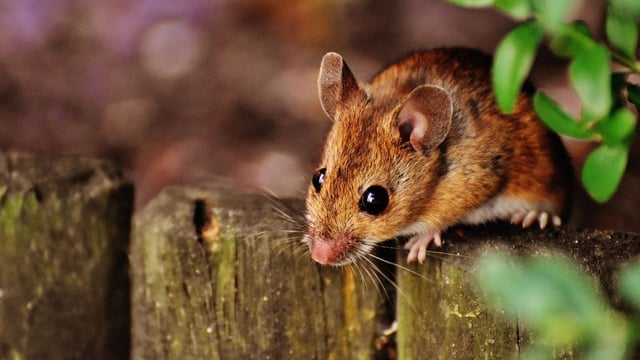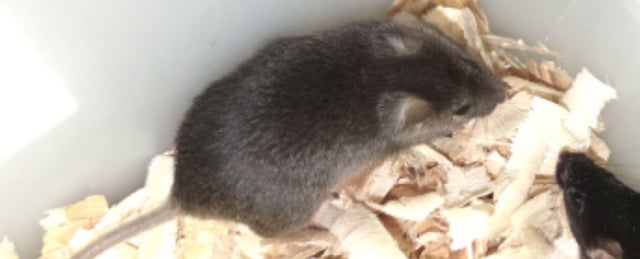Overview
- Researchers from the Chinese Academy of Sciences successfully created a bi-paternal mouse that survived to adulthood, a first in mammalian reproduction science.
- The team modified 20 imprinting genes to address developmental barriers caused by genetic material from two male parents, significantly improving embryo viability.
- Approximately 13% of engineered embryos resulted in live births, though many exhibited developmental abnormalities, reduced lifespans, and sterility.
- The breakthrough provides insights into imprinting-related genetic disorders and could advance stem cell-based therapies and cloning techniques.
- Future research aims to refine the process and explore its application in larger mammals, though significant challenges remain.


